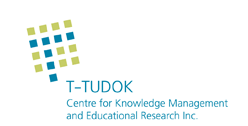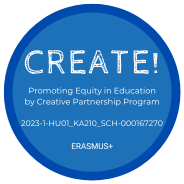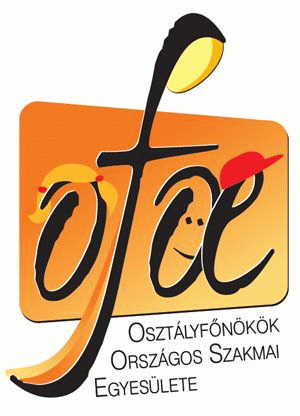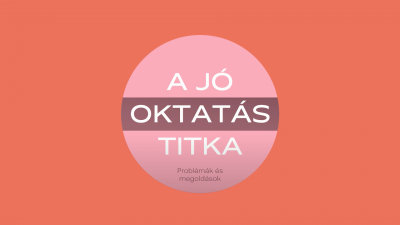Partners:
CCE, T-Tudok Inc, University of Pécs, Budai-Váropskapu Complex School, Pécs
We started implementing the Creative Partnerships project in December 2013. It consists of two main phases, the first 6 months-long pilot project tried to adapt and implement the Creative Partnerships methodology, devised in the UK and now being applied in a number of countries, including Lithuania, Norway or the Czech Republic. Creative Partnerships was designed to address two issues:
· Firstly, in the modern economic environment, workers need to be flexible, ready to learn new methods and skills, prepared to change employment regularly, and to take and to manage risk. This requires discipline, resilience, curiosity, and imagination. The modern workplace also requires workers who can collaborate effectively with people from different backgrounds. These workers will need to be self-motivated, good problem solvers and decisive. Creative Partnerships provides an approach to formal education which trains teachers to develop these skills in children and young people.
· Secondly, many schools are struggling with low levels of motivation and attainment among children and young people. Across Europe this problem is particularly acute among young people from poorer socio-economic backgrounds. Creative Partnerships provides an approach which research has consistently shown to be effective in increasing motivation, improving attendance, engaging parents and raising attainment in core subjects.
Creative Partnerships trains artists to work with teachers in their classrooms and with their pupils to bring about sustainable changes in the way teachers teach. The use of artists in the classroom by Creative Partnerships has been extensively evaluated, most recently by Cambridge University and Nottingham University. These reports demonstrated that artists model a specific pedagogy which teachers adopt and incorporate in their delay practice.
The Pécs-pilot
invited university students to work in pairs with teacher-pairs in such a school that is dominated by pupils coming from socially multiply disadvantaged background, where more that 40 percent of students are of Roma origin. Many of the teachers feel burnt out and tool-less, using very traditional teaching techniques. Parents are not involved in everyday life of the school. For school principals taking part in this pilot it was very important to change the attitude of teachers toward children and parents. According to our experience the programme increases the self-esteem of Roma and socially disadvantaged children and working with creative practitioners supported them feel precious and valuable.
The second phase of the programme started in January, 2015. It focuses on Maths. Artists and teachers work twice a week for 90 minutes together during subject lessons. it is not an extracurricular activity but tries to make the understanding of abstract maths’ concepts more understandable for students. T-Tudok has just finished the input measures of the programme, having found an important fact, that children in deep poverty are much more motivated to learn those things that interest them compared to those who come from better social background.
For pictures and videos, please visit the website of the program (texts only in Hungarian).








